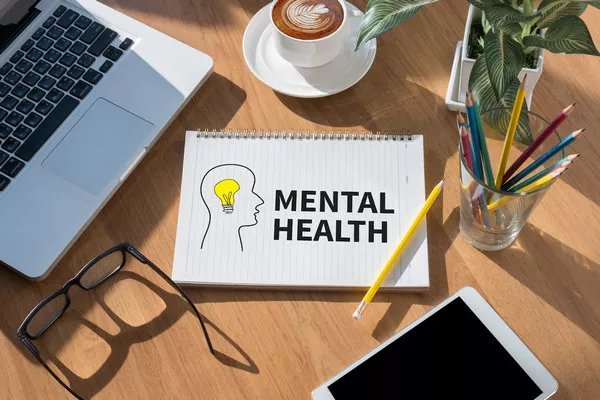A new observational study from Imperial College London reveals that going to bed later than 1 a.m. can significantly increase the risk of developing mental health issues, irrespective of whether an individual is a morning person or a night owl. This study highlights that individuals who sleep before 1 a.m. exhibit better mental health, with fewer instances of mental, behavioral, and neurodevelopmental disorders, including depression and generalized anxiety disorder (GAD).
The Role of Chronotypes
Chronotypes refer to individual preferences for sleep and wake times, which are influenced by circadian rhythms. Some people naturally prefer early mornings while others are inclined towards staying up late. The study found that even individuals who naturally prefer evenings experienced poorer mental health when they went to bed after 1 a.m., contrary to their chronotype alignment. Morning people who went to bed by 1 a.m. had the fewest mental health issues.
Study Cohort and Methodology
The study analyzed data from 73,888 adults in the UK Biobank, with an average age of 63.5 years. Of these, 56% were female. On average, participants slept seven hours per night. The study examined the correlation between sleep timing and mental health, focusing on a range of mental health disorders.
The Mind After Midnight Theory
Senior study author Jamie Zeitzer, PhD, from Stanford University, referenced the “The Mind After Midnight” theory, which posits that the brain functions differently late at night, potentially impacting mental health. This theory suggests that late-night isolation, lacking social support, may contribute to negative mental health outcomes.
Importance of REM Sleep
Sara Wong, PhD, from Imperial College London, explained that staying up late often reduces total sleep duration, particularly affecting REM sleep. REM sleep is crucial for mood regulation, and its reduction is linked to various neuropsychiatric disorders like depression, GAD, and PTSD. REM sleep facilitates cognitive functions and the clearing of brain waste, essential for mental health.
Chronotypes and Health Outcomes
Chronotypes dictate the body’s internal clock, influenced by environmental factors such as artificial light and work shifts. Despite societal adjustments, evening chronotypes often face poorer health outcomes. The study challenges the idea that alignment with one’s chronotype (e.g., night owls staying up late) is beneficial for mental health.
Unexpected Findings and Implications
The study’s findings were unexpected. The hypothesis that alignment with one’s chronotype would be most beneficial for mental health was disproved, particularly for night owls. Instead, staying up late was detrimental regardless of chronotype alignment.
Optimal Bedtimes and Variations
Zeitzer suggested that the significance of the 1 a.m. cutoff might relate to the study’s demographic (middle-aged and older UK residents) and common social patterns. Jonathan Cedernaes, PhD, noted that seasonal changes and time zones could affect optimal bedtimes, with specific regions having different sleep-wake behaviors due to their geographical positioning.
Conclusion
The study underscores the importance of early bedtimes for better mental health, challenging previous assumptions about chronotype alignment. These findings suggest that interventions promoting earlier sleep could benefit mental health across different populations.


